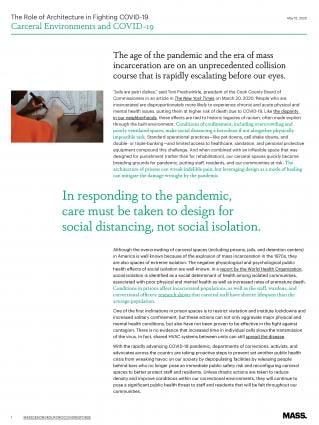Restorative Justice Design Lab
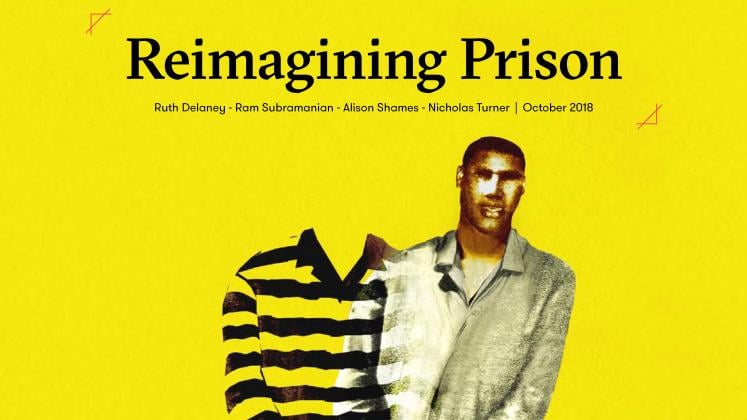
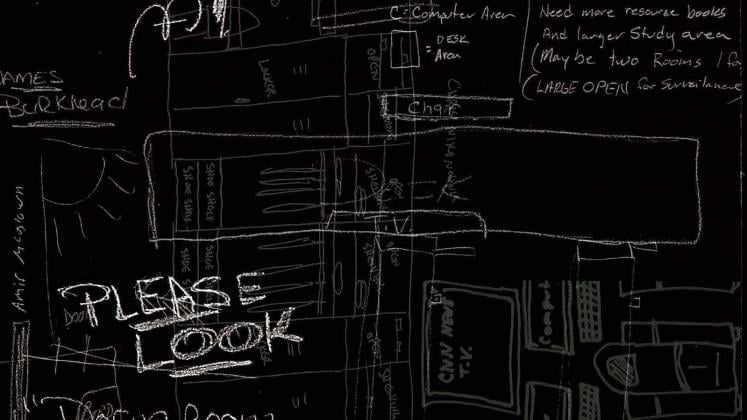
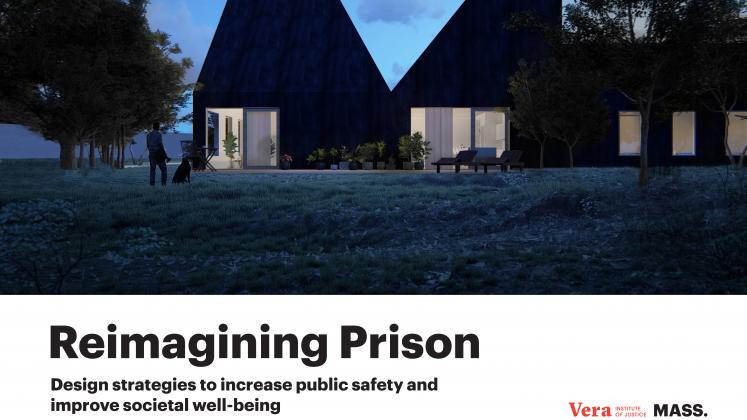
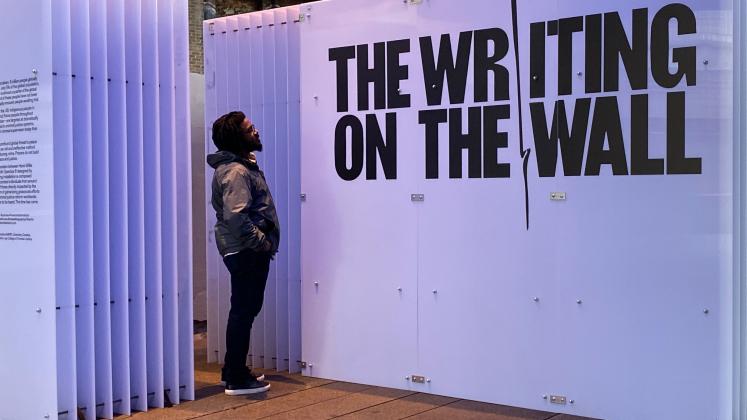
Designing decarceration and investing in restorative justice.
In the United States today, there are 2.3 million people incarcerated in over 1,800 correctional facilities, forming a vast punitive network that is unparalleled anywhere else in the world. The impact of this landscape is felt far beyond prison walls: from unjust practices of community development to policing, sentencing, and conviction, to incarceration and reentry—every step of our so-called justice system is in need of a reimagination. What would it look like if we as a society could rethink what true justice means—what it looks like?
The Restorative Justice Design Lab (RJDL) creates a platform for cross-sector collaborations that seek to bring design to serve a radically reimagined justice system. The lab supports partners working to end mass incarceration and investing in communities by providing a broad spectrum of design interventions.
The lab focuses on both long-term and short-term interventions: We believe it is essential to build new community justice spaces, expand mental health recovery, support harm reduction infrastructures, and invest in re-entry housing and support structures. RJDL seeks to promote a community-based restorative approach that invests in dignity and humanity for every member of society. We research, publish, and exhibit materials to challenge and change the narratives. We seek to close prison pipelines and divert people from the system through education and innovative courts. We advocate for restorative justice, community investment, and alternatives to incarceration.
This Design Lab seeks to engage a range of social sectors to plan the obsolescence of our current prison system through the following tactics:
- Engage with affected communities, incarcerated residents, youth, families and community members to advocate for human rights and restorative justice
- Leverage pre-market engagement and design to close prison pipelines and shut the front door to incarceration
- Build new community justice infrastructures based on values of restorative justice and healing
- Expand mental health recovery and substance abuse infrastructures
- Change the narrative around prison and criminality
Ongoing Projects and Partnerships include:
- Freedom Libraries, a project in partnership with Dwayne Betts, recently awarded the MacArthur fellowship, and the Freedom Reads team seeking to bring access to facilities across the US.
- Restoring Promise, a collaboration with the Vera Institute for Justice and the MILPA Collective where we collectively champion human dignity. The team works to address harm through restorative justice, antiracism and cultural healing.
- A publication on the Architecture of Prisons
- The Writing on the Wall exhibition

